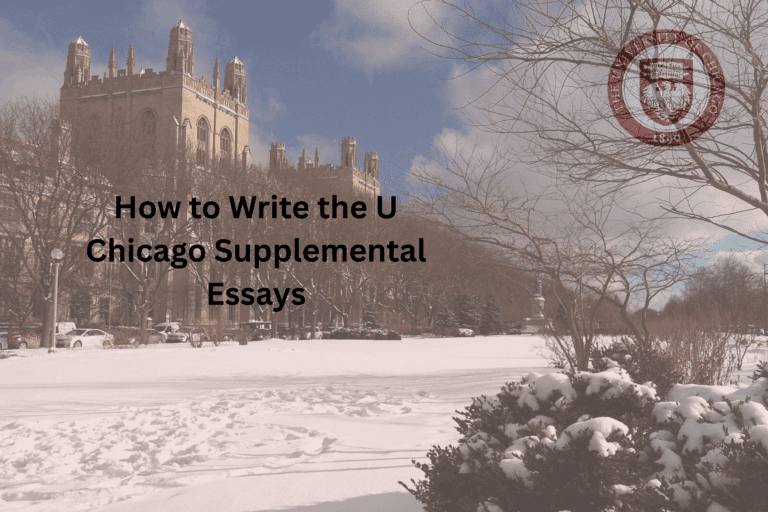Boston College is a private Jesuit research university in Chestnut Hill, Massachusetts. Founded in 1863, Boston College is consistently ranked among the top universities in the country. The college offers a wide range of majors and programs, and the faculty are highly accomplished scholars. Boston College is committed to social justice, and the university offers a number of programs and initiatives that promote social justice.
Location
The university has a beautiful campus located in the Boston suburb of Chestnut Hill. The campus is home to a variety of historic buildings, including Gasson Hall, which is the main academic building. The campus also has several natural features, including the Chestnut Hill Reservoir, which is a popular spot for hiking, biking, and fishing.
Student Cohort Size
Boston College has a total student population of 15,075 with 9,532 undergraduate students. The admitted students represent all 50 states, Washington, D.C., Puerto Rico, and 79 countries. 9% of the admitted students are international students. Boston College has 53% women and 47% male students.
Four-Year Completion Rate
The graduation rate is among the most important factors when selecting a college. Boston College’s first-year retention rate is 93%. This means that 93% of first-year students continue their education for their sophomore year and beyond. The 4-year graduation rate is 88%. This implies that 88% of students were able to graduate after 4 years. The 6-year graduation rate is 90%. This implies that 90% of students were able to graduate after 6 years.
Student-to-Faculty Ratio
The student-to-faculty ratio is 11:1. The average class size at Boston College is 27 students.
Admissions
Acceptance Rate
The Class of 2027 at Boston College had the lowest acceptance rate of 15%. In total, Boston College received 36,525 applications and the the University extended offers of admission to 5,511 students.
Acceptance GPA
The average unweighted GPA at Boston College is more than 3.86. 94% of the admitted students rank in the top 10 percent of their graduating high school class.
Types of Admission
The students can apply through the Early Decision and Regular Decision programs. Early Decision I and Early Decision II is an opportunity for students to show that Boston College is their number one choice. Early Decision is a binding process and it implies that the students should attend Boston College if accepted. The students also have the option to apply through the Regular Decision process. Regular Decision may be right for you if you need more time to get your application ready. Many more students apply for Regular Decision than Early Decision.
Application Components:
Complete the Online Common Application
Standardized Test Scores: Boston College is test-optional. The students who admit their azores have an average SAT score of 1482 and an average ACT score of 34.
The School Report and Counselor Recommendation Form: Your counselor or school official should submit these forms. Traditionally the school form is submitted with a letter of recommendation from your college counselor and your official transcript.
Teacher Evaluations: You are required to submit two teacher evaluations as part of your application to Boston College. We recommend that these evaluations are written by teachers who have taught you in one of the five main academic subject areas (English, Social Studies, Science, Math, or Foreign Language).
High School Transcript: All students are required to submit an official high/secondary school transcript. This transcript must be sent by your high school
Mid-Year Grade Report: Regular Decision and Early Decision deferred candidates should submit their Mid-Year Grade Report as soon as it is available.
All applicants, except those applying for the Human-Centered Engineering (HCE) major, should respond to one of prompts #1-5 listed below. Students applying to the HCE major must respond to prompt #6 only. (400 words)
Option 1 (all applicants): Students at Boston College are encouraged to consider critical questions as they pursue lives of meaning and purpose. What is a question that matters to you and how do you hope Boston College will help you answer it?
Option 2 (all applicants): In 2020, we faced a national reckoning on racial injustice in America – a reckoning that continues today. Discuss how this has affected you, what you have learned, or how you have been inspired to be a change agent around this important issue.
Option 3 (all applicants): At Boston College, we hope to draw on the Jesuit tradition of finding conversation partners to discuss issues and problems facing society. Who is your favorite conversation partner? What do you discuss with that person?
Option 4 (all applicants): Socrates stated that “the unexamined life is not worth living.” Discuss a time when reflection, prayer, or introspection led to clarity or understanding of an issue that is important to you.
Option 5 (all applicants): Each year at University Convocation, the incoming class engages in reflective dialogue around a common text. What book would you recommend for your class to read and explore together – and why?
Option 6 (Human-Centered Engineering Applicants): One goal of a Jesuit education is to prepare students to serve the Common Good. Human-Centered Engineering at Boston College integrates technical knowledge, creativity, and a humanistic perspective to address societal challenges and opportunities. What societal problems are important to you and how will you use your HCE education to solve them? You may also interest in Kalamazoo College.
Academics
At Boston College, students have access to a wide range of schools and programs that cater to various academic interests and career aspirations. The university is divided into six schools: the College of Arts and Sciences, the Carroll School of Management, the School of Social Work, the McCourt School of Public Policy, the Woods College of Advancing Studies, and the Graduate School of Social Work.
Morrissey College of Arts and Sciences: This is the largest undergraduate school at Boston College, offering over 50 majors and programs. The students have access to a diverse range of programs in the humanities, social sciences, and natural sciences. Students can explore subjects such as English, history, psychology, biology, chemistry, and more.
Carroll School of Management: The Carroll School of Management is a top-ranked business school, offering undergraduate and graduate degrees in business administration. The school is known for its strong curriculum, its focus on ethics and social responsibility, and its close ties to the business community.
Boston College’s School of Social Work: The School of Social Work is one of the oldest and most respected social work schools in the country. The school offers undergraduate and graduate degrees in social work, and its graduates go on to work in a variety of settings, including social service agencies, hospitals, and schools. The curriculum combines classroom learning with fieldwork experiences to develop students’ knowledge and skills in addressing social issues.
Lynch School of Education and Human Development: This school offers programs focused on education and human development. Students can pursue undergraduate and graduate degrees in areas such as elementary education, secondary education, special education, counseling, and applied psychology.
McCourt School of Public Policy: The McCourt School of Public Policy is a relatively new school at Boston College, but it has quickly become one of the most respected public policy schools in the country. The school offers undergraduate and graduate degrees in public policy, and its graduates go on to work in a variety of government agencies, non-profit organizations, and businesses.
Connell School of Nursing: Known for its commitment to excellence in nursing education, the Connell School of Nursing prepares students for careers in nursing through its undergraduate and graduate programs. The curriculum emphasizes hands-on clinical experience and a holistic approach to patient care.
Woods College of Advancing Studies: The Woods College of Advancing Studies offers a variety of graduate and professional degrees, including master’s degrees in education, business administration, and social work. The college also offers a number of certificate programs, as well as continuing education opportunities for professionals.
In addition to these schools and programs, Boston College also offers a number of interdisciplinary programs, such as the Program in Liberal Arts and Medicine, the Program in International and Global Studies, and the Program in Environmental Studies.
Read More: Amherst College
Cost of Attendance
Tuition $69,400
Housing and Food $17,930
Fees**$2,018
Total $89,348
Student Life
Boston College has a vibrant student life, with over 400 student organizations and a variety of sports, clubs, and activities. The college also hosts several cultural events throughout the year.
To conclude, Boston College is a great choice for students who are looking for a challenging academic experience, a supportive community, and a beautiful campus.
We can help you with your college application process. Working with study abroad consultants, overseas education consultants, or, as more commonly known, college counselors, can help you plan ahead and make those high school years count. Ivy Central offers exceptional focus to help you prepare for college admissions throughout the high school years. Start today!






